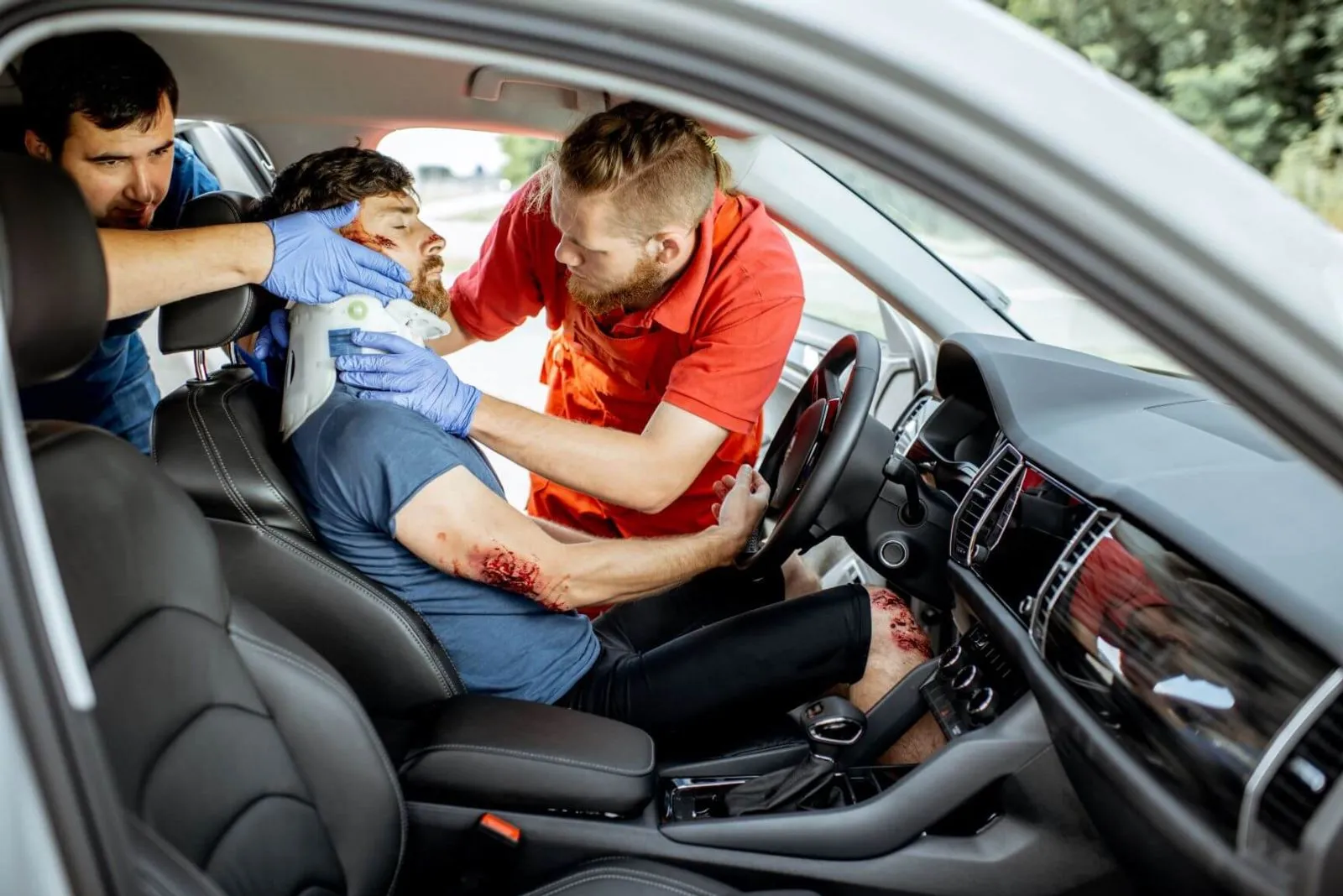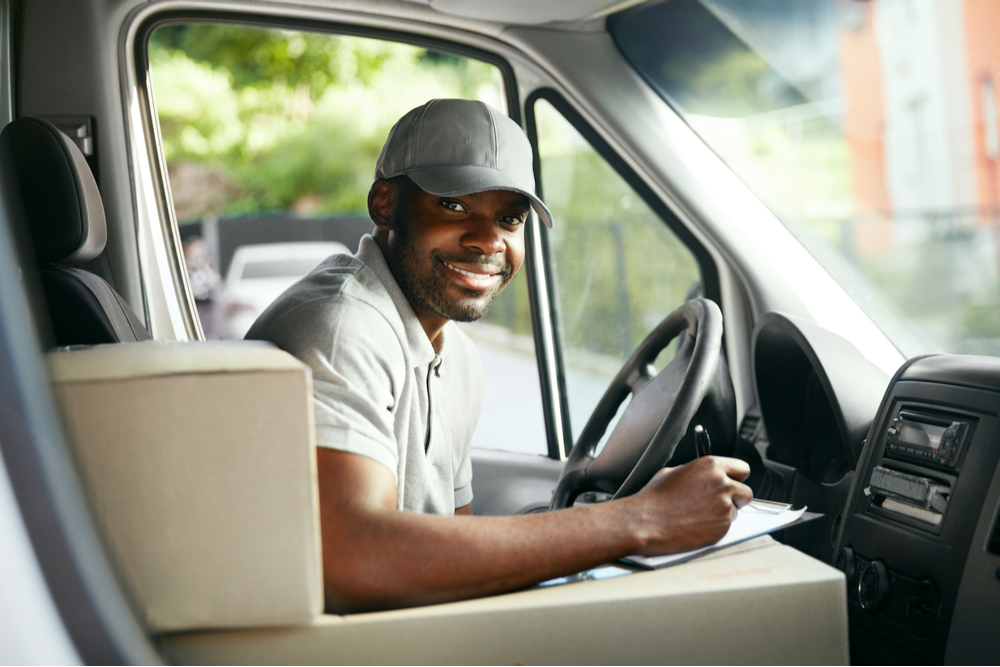Does Health Insurance Cover Auto Accident Injuries?
Car accidents happen. It can be a scary and confusing experience, especially when you’re dealing with injuries on top of the property damage. But amidst the chaos, one question often pops up: Does health insurance cover car accident injuries?
The short answer is yes, usually. But like most things in the wonderful world of insurance, there are a few twists and turns to navigate. Buckle up, and let’s take a deep dive into how health insurance handles those unexpected car mishap injuries.
Health Insurance as Your Medical Pit Crew
Think of your health insurance as your own personal medical pit crew. They’re there to help you get the care you need after an accident, but there might be some pre-race prep work involved (deductibles and copays) before they jump in. Here’s what you can expect:
- Coverage Kicks In (Eventually): Health insurance typically acts as secondary coverage for car accident injuries. This means other insurance policies, like Personal Injury Protection (PIP) on your car insurance, take priority. Once those resources are maxed out, your health insurance steps up to cover the remaining medical bills.
- The Deductible Dance: Remember that deductible you pay every year? You might have to meet that amount before your health insurance starts chipping in for your accident-related medical costs.
- Copay Companions: Even after the deductible hurdle, you might still be responsible for a copay, which is a fixed amount you pay for certain covered services.
In-Network vs. Out-of-Network: Keeping it Friendly in the Fast Lane
Just like in a real pit stop, where efficiency is key, using in-network providers can save you time and money. In-network providers have pre-negotiated rates with your insurance company, meaning you’ll likely pay less out of pocket. Going out-of-network might mean higher costs and more paperwork.
Who Pays Uncle Sam? Subrogation and Your Settlement
Here’s a legal term to remember: subrogation. This means your health insurance company has the right to recoup the money they paid for your accident-related care from the at-fault party’s insurance company. So, if you win a settlement for your injuries, your health insurer might get a slice of the pie to cover their expenses.
When Health Insurance Takes the Wheel: Exceptions to the Rule
While health insurance is generally your go-to for car accident injuries, there are a few situations where it might not be the primary source of coverage:
- No-Fault States: Some states have no-fault car insurance laws. This means your own car insurance policy, regardless of who caused the accident, pays for your medical bills up to a certain limit.
- Work-Related Mishaps: If your auto accidents happened while you were on the job, workers’ compensation insurance might be responsible for your medical care.
The Aftermath: Keeping Your Health Insurance Happy
Even though your health insurance is there to support you after a car accidents in Atlanta, there are a few things you can do to keep them happy (and avoid any coverage headaches):
- Inform Them Promptly: Let your health insurance company know about the accident as soon as possible. This helps them track your treatment and avoid any delays in processing your claims.
- Keep Detailed Records: Save all medical bills and documentation related to your accident and treatment. This will be crucial when filing a claim with your health insurance.
- Work with Their Team: Be prepared to answer questions and provide any additional information your health insurance company might need to process your claim smoothly.
Filing an Accident Claim
Filing an accident claim can feel overwhelming, but here’s a breakdown to help you navigate the process:
Step 1: Secure the Scene (Literally and Figuratively)
- Safety First: If there are injuries, call emergency services immediately. Secure the scene with flares or hazard lights to prevent further accidents.
- Document Everything: Take pictures of the damage to all vehicles involved, including license plates and any visible injuries. If possible, note down weather conditions, road signs, and skid marks.
- Exchange Information: Swap contact details and insurance information with all involved drivers. Get the names and contact information of any witnesses as well.
Step 2: Report the Accident
- Contact the Authorities: File a police report, regardless of the severity of the accident. This report serves as a crucial piece of documentation for insurance claims.
- Inform Your Insurance: Don’t delay! Contact your insurance company as soon as possible to report the accident. They’ll guide you through the claims process and assign an adjuster to handle your case.
Step 3: Gather Your Documentation
- Police Report: This is key evidence for your claim.
- Medical Records: If you sustained injuries, collect all medical bills and documentation related to your treatment.
- Vehicle Repair Estimates: Get estimates from qualified repair shops to determine the extent of the damage to your vehicle.
- Accident Photos: The pictures you took at the scene will be valuable evidence.
- Witness Statements: If you have any witnesses, their statements can help strengthen your claim.
Step 4: Working with Your Adjuster
- Be Truthful and Accurate: Provide your adjuster with all the information they request honestly and accurately.
- Review the Settlement Offer: Once the adjuster assesses the damages, they will present a settlement offer. Carefully review it before accepting. You might need to negotiate if the offer doesn’t cover all your expenses.
- Seek Legal Advice (if needed): For complex accidents or significant injuries, consider consulting with an attorney specializing in personal injury law. They can guide you through the claims process and ensure you receive fair compensation.
Curious about: “Should I Get a Lawyer After an Auto Accident?” Read more about it on our blog page now!
Beyond the Bandages: It’s Not Just About Physical Injuries
Car accidents can be traumatic, both physically and emotionally. Don’t forget that your health insurance might also cover mental health services related to the accident, such as therapy for anxiety or post-traumatic stress disorder (PTSD).
The Final Lap: Remember, Knowledge is Power
Understanding how health insurance interacts with car accident injuries can make a big difference in managing your medical bills. Don’t hesitate to reach out to your insurance company or an insurance professional if you have any questions. By knowing your coverage and acting promptly, you can ensure a smoother ride on the road to recovery.
It’s always a good idea to review your health insurance policy documents regularly to understand your specific coverage details, including deductibles, copays, and in-network provider options.
Being in an accident is stressful enough. By getting familiar with how health insurance handles car accident injuries, you can take control of your medical care and focus on healing. Remember, you’re not alone in this pit stop – your health insurance is there to support you on the road to recovery.
Been in a wreck and wondering if your health insurance covers the bumps and bruises? Don’t stay in the dark about your medical bills. Shani Brooks Law can explain your options and fight to ensure you get the compensation you deserve. Schedule a free consultation today – knowledge is power, and we can help you steer clear of financial woes.


